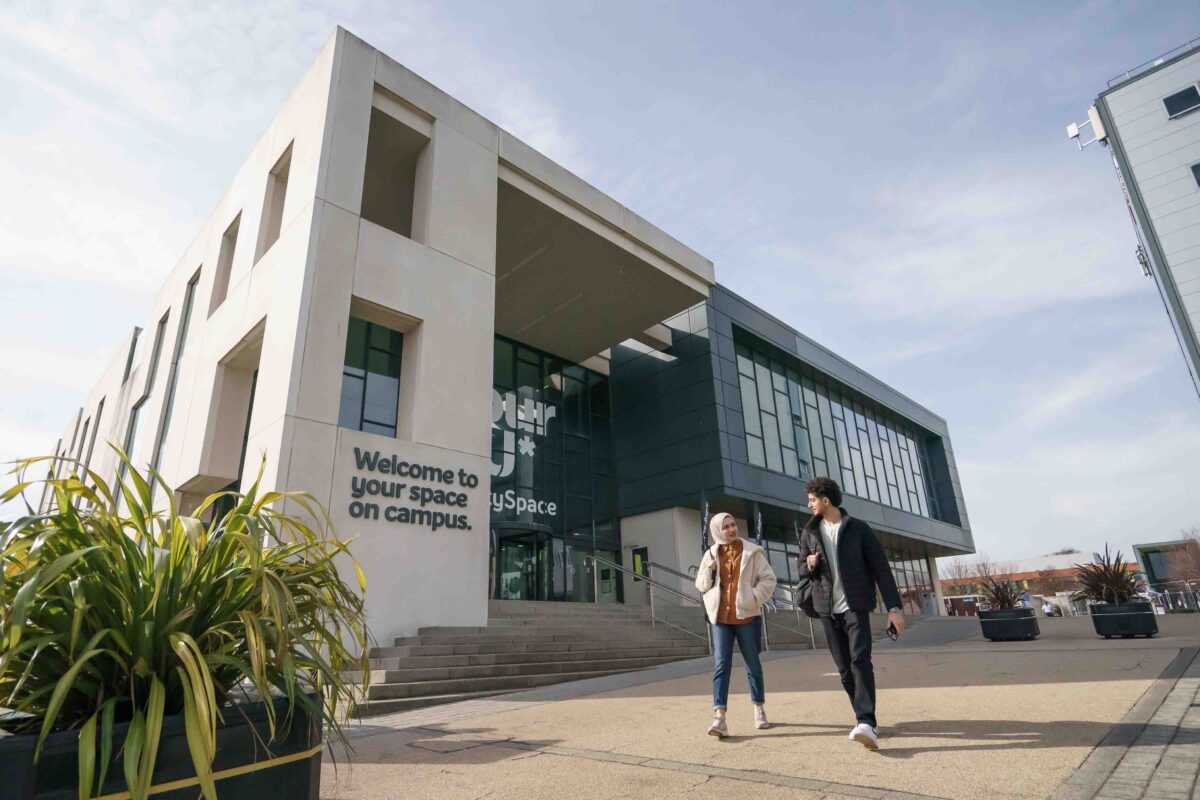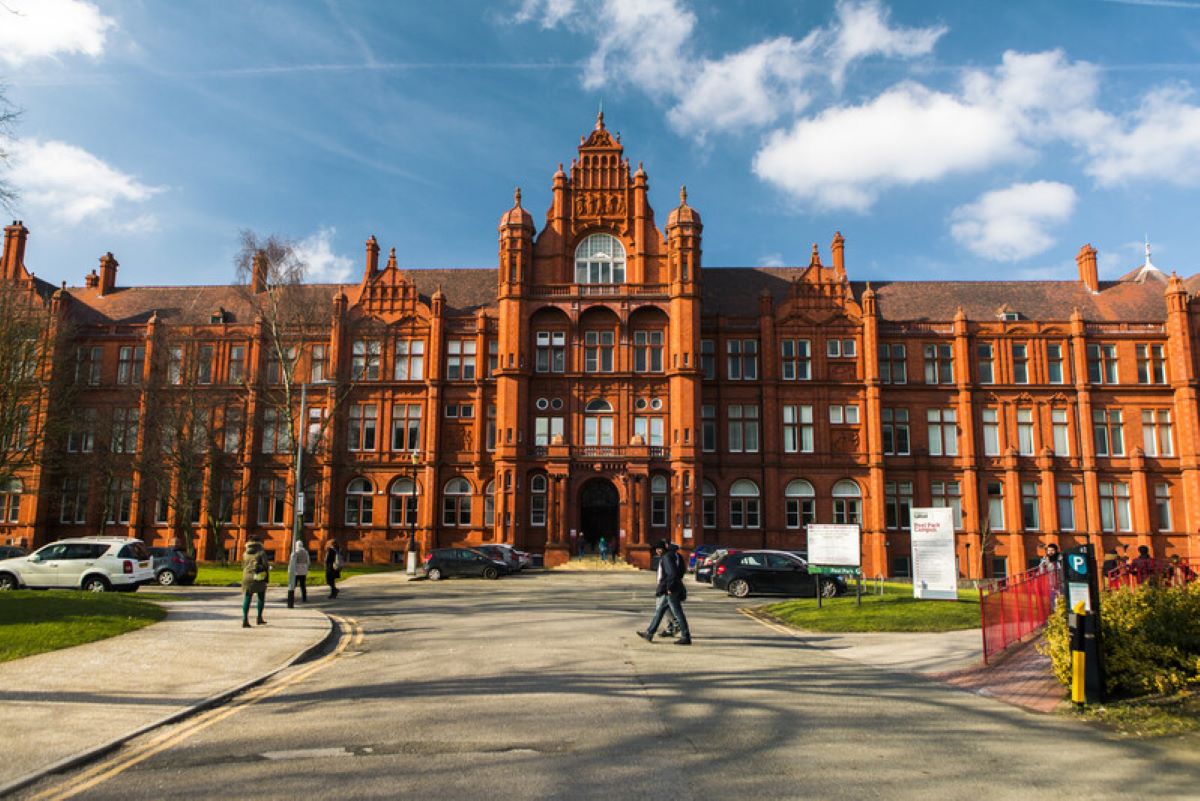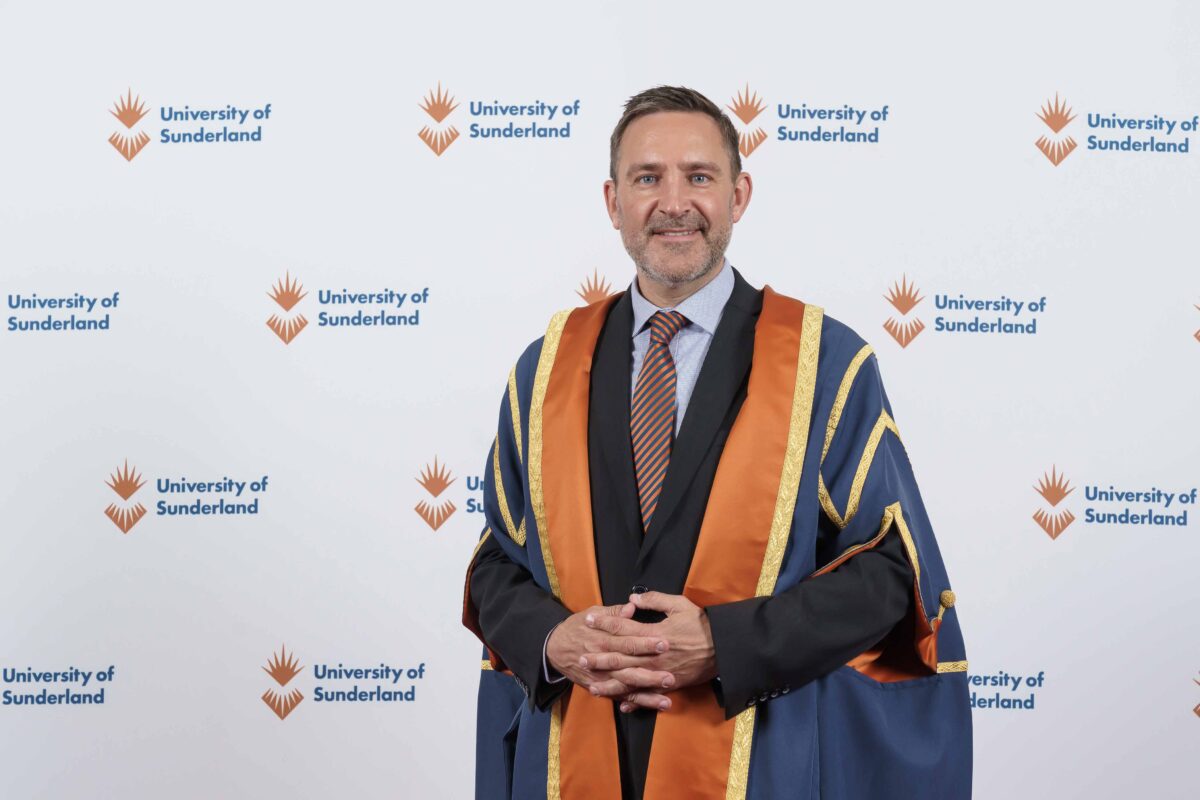Education leaders must meet the demand for high quality Religious Education

Head of RE Greg Parekh argues that the subject needs to be taught more widely at A Level, highlighting its importance in developing students academically and as people, preparing them for life in modern Britain and as global citizens.
How can we prepare young people in the 21st century for the changing world around them? For educators, this is one of the big challenges when it comes to developing a broad and balanced curriculum that prepares them for both life and work. As a teacher of A Level Religious Studies, it’s been fascinating to teach a subject that has evolved in recent years to meet this challenge.
At its best, RE provides the academic skills and knowledge to engage in meaningful discussions on sensitive topics, reflect critically on your own beliefs and question assumptions in a constructive way. All of this provides a broader, empathetic perspective that allows young people to take their place not just in modern Britain but as global citizens. For what it brings out in young people and those around them, its value cannot be overstated.
When people talk about the value of RE they often connect it to statistics regarding declining religious affiliation in the UK. But this overlooks not just the enduring role religion and belief continues to play across different communities in Britain and around the world, but the worldview of those for whom ‘no religion’ has become an increasingly popular option on the census. RE teaches a number of different belief systems, from Humanism to Buddhism. But at its heart is a vital idea: that everyone should be able to explore the big questions in life, and that the response to those questions on an individual level matter.
Sadly, however, A Level RE is not taught widely enough. A Level RS had previously been a success story, reaching a peak of 21,577 entries in 2015, an increase of 10,000 since 2003. This is a great shame, since it’s still one of the most popular humanities at GCSE while being a subject that helps disadvantaged students achieve higher attainment levels. Recently it has attracted interest from the world of business, with an employer campaign led by the businessman Lord Karan Bilimoria championing its ability to foster skills such as analysis, interpretation, mutual understanding and empathy in the workplace. Its growing reputation as an intellectually engaging and exciting subject is deserved. This is a subject that provides wonderful lightbulb moments when a student ‘gets’ a philosophical idea or an ethical approach.
I’ve witnessed this in my own classroom. In my first A-Level lesson of the year I was expecting six pupils who had opted for the subject. After a week of teaching, I had six more change options to do the subject. Why? Students who had started the A-Level realised it had encapsulated a level of thought, interest and inquiry that got students considering issues bigger than them. The Religious Studies classroom is a fascinating forum for learning to discuss and debate. Students want to be part of that.
We have a new government committed to hiring specialist teachers, a new teaching bursary for the subject and a renewed vision from the Religious Education Council that wants to support schools in delivering a high-quality, academic approach to the subject. But we also need more school leaders to recognise the value of the subject too. We can only grow the subject at A level if those responsible for the curriculum make space for it.
This starts with a growing awareness and understanding of the subject’s potential. School leaders need to recognise the value of the subject: both academically and in developing the whole person. Every school interested in an academic and engaging curriculum should have a place for RE at its highest level. Above all, in inspiring the next generation of theologians, philosophers, debaters and thinkers, it provides young people with the superpower of empathy.
By Greg Parekh is Head of RE at Helston Community College and a secondary consultant to Cornwall SACRE











Responses